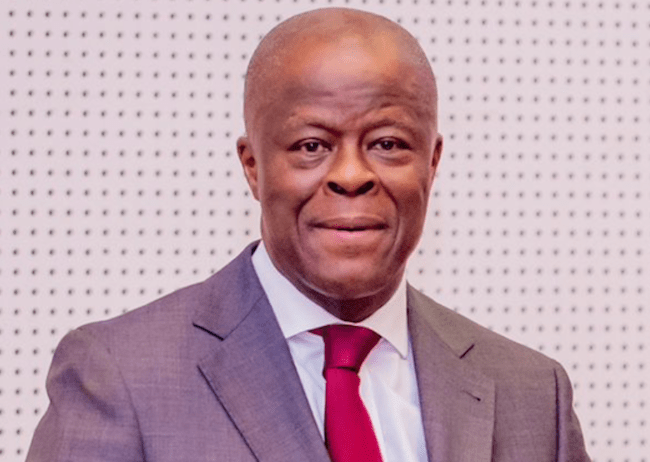Nigeria’s economic transformation took center stage as Gita Gopinath, First Deputy Managing Director of the International Monetary Fund (IMF), met with Wale Edun, Nigeria’s Minister of Finance and Coordinating Minister of the Economy. The high-stakes meeting focused on accelerating economic reforms, attracting private sector investment, and securing better credit ratings to bolster Nigeria’s global financial standing.
Edun outlined Nigeria’s aggressive push for economic modernization, emphasizing a transition to a biometric-based, transparent system designed to enhance efficiency and accountability in public sector investments. He highlighted key government initiatives, including tax reforms, improved revenue assurance mechanisms, and the digitalization of government services—all geared towards strengthening domestic resource mobilization.
Nigeria’s crude oil production has also witnessed a significant boost, rising from 1.2 million barrels per day to between 1.7 and 1.8 million barrels. This surge, Edun noted, has increased national revenue, providing a stronger financial base for critical development projects.
Read also: UN deputy secretary-general, Edun hold talks on key development goals
With the private sector playing a pivotal role in economic growth, Edun detailed new policies aimed at creating a more investor-friendly environment. He pointed to the government’s commitment to expanding renewable energy, particularly in solar power, as a major step toward energy security. Additionally, ongoing electricity sector reforms—including the widespread rollout of advanced metering systems—are expected to improve service delivery and drive efficiency across the power grid.
On the international stage, the discussions tackled Nigeria’s strategic role in shaping global financial policies and securing improved credit ratings for African economies. Edun underscored the importance of fiscal data transparency as a key factor in enhancing Nigeria’s credit profile, attracting foreign investors, and reducing borrowing costs.
The minister added that the meeting reaffirmed Nigeria’s commitment to economic stability, regional trade integration, and long-term sustainable growth. As the country intensifies its reform agenda, it aims to position itself as a dominant force in Africa’s economic landscape while reinforcing investor confidence on the global stage.






